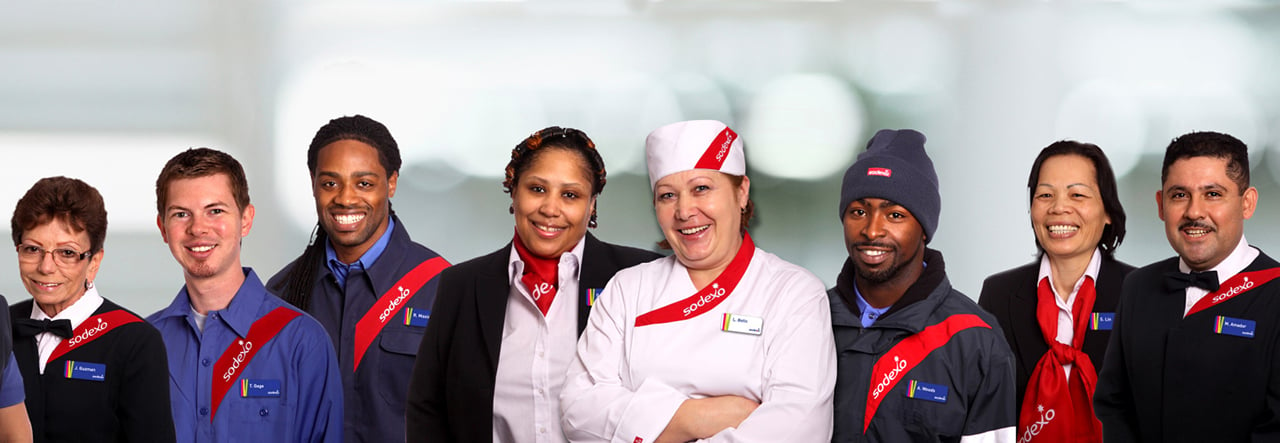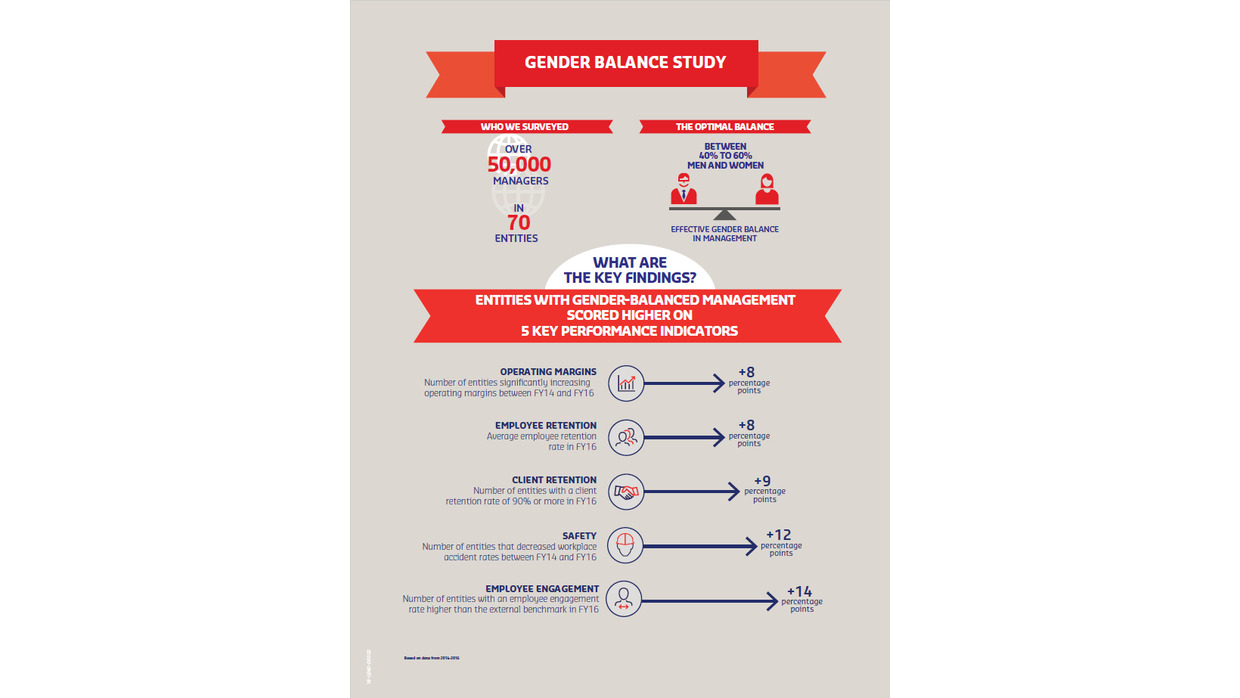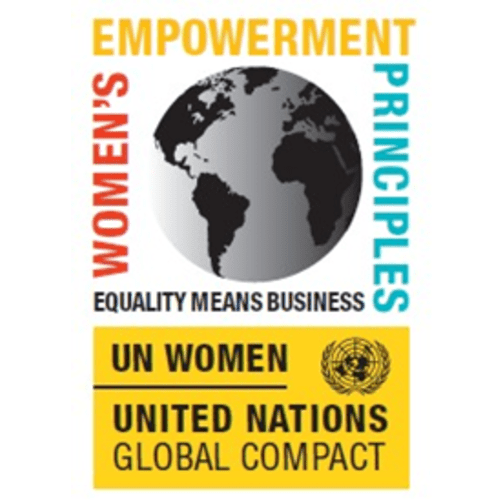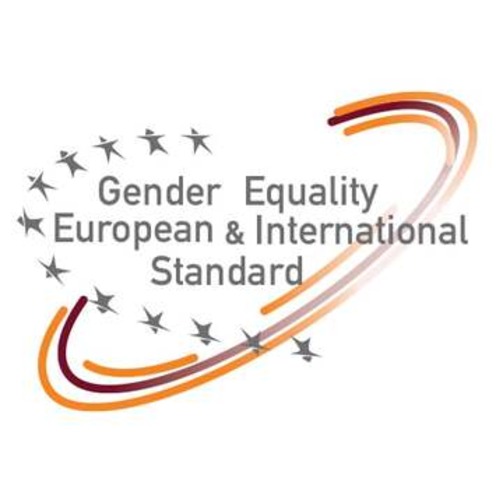
Creating a culture of belonging and inclusion
Our Commitment
By respecting, understanding, and attending to the needs of those we interact with daily, our clients, suppliers, consumers, and communities, and making sure every individual who makes us who we are is respected and treated equally and fairly, we promote diversity and inclusion across Sodexo.
We want our employees to bring their whole selves to work regardless of age, gender, nationality, culture, or personal characteristics in order to create a workplace where everyone feels that their culture, identity, and experiences are respected and valued.
We are humble and recognize that pursuing our commitment requires ongoing reflection, difficult conversations, and continuous improvement of our policies, practices, and initiatives.
We also work with our suppliers to promote inclusion, partner with local organizations and advocacy groups, and dedicate our philanthropic endeavors to empowering vulnerable and minority groups.
By living by our commitments and taking action against discrimination and calling other businesses and organizations to join the movement, we can contribute to a more open, fair, and inclusive society.
Our Approach
Our approach directly supports the United Nations Sustainable Development Goals by creating fair and inclusive workplaces. We want our teams to bring their full selves to work and be recognised for the diverse perspectives and skills they bring to the table.
Promoting gender balance for better outcomes

Gender Balance Study
The study aimed to test the performance implications of gender-inclusive work culture, as opposed to a culture in which one gender dominates over the other.
We took a broad approach and cast a wider lens by examining women across all levels of management. Data were collected and analyzed from over 50,000 managers from 70 entities worldwide. Management teams from a diverse range of functions, ranging from top leadership to site management, were all included.
Sodexo’s previous research suggests that optimal outcomes when management teams have a gender ratio of 40% - 60% women, and this ratio was used in our 2018 study to define gender-balanced management. Other than measuring financial performance, we also examined non-financial business indicators as outcomes.
SoTogether Gender Networks
- Twenty-three gender network groups covering 46 countries are active worldwide and act as catalysts across Sodexo for fostering an inclusive culture that’s free of biases in order to support, encourage and allow everyone to reach their full potential as well as provide the means to allow women to thrive at every step of their advancement.
- In Singapore, the SoTogether network is sponsored by members of our Regional Leadership Team, with regular efforts to raise awareness, create opportunities for mentorship and support, to promote gender balance within our organisation.
Providing opportunities for people with disabilities
Our Objective
As part of our Better Tomorrow commitments, we want 100% of our workforce to have access to initiatives supporting the inclusion of people with disabilities by 2025. This means that in each country where Sodexo operates, will be:
- A non-discrimination policy regarding people with disabilities (PWD)
- Communications to support the inclusion of PWD
- An established disability champion responsible for the roll-out of initiatives
Our global approach to disability inclusion is driven by a global Disability Voice Taskforce comprised of employees from around the world and sponsored by two Comex members.
An active partner:
ILO Global Business and Disability Network
Sodexo originally signed the International Labour Organization Business Charter on Disability Inclusion on June 29, 2016. We are an active member of the International Labor Organization’s Global Business and Disability Network for promoting the inclusion of people with disabilities in workplaces around the world.
“The Valuable 500” Initiative
Sodexo is a member of “The Valuable 500”, an international initiative that strives to put disability on the business leadership agenda in order to unlock the business, social and economic value of people living with disabilities around the world.
Invisible disability: making mental health and well-being a priority
One in seven people are impacted by a disability, and of those impacted, 70% have non-apparent or invisible disabilities. Since 2017, we’ve broadened the awareness of persons with disabilities to include “invisible disabilities” as part of our commitment to zero harm in the workplace.
Specifically:
- We launched a specific e-learning module to understand how to better respond to signs of illness, given that mental health conditions are the leading cause of absenteeism in the workplace.
- We created Mental Healthy Safety Moments, available to our managers to start meeting in order to pursue this commitment of raising awareness in our daily lives.


